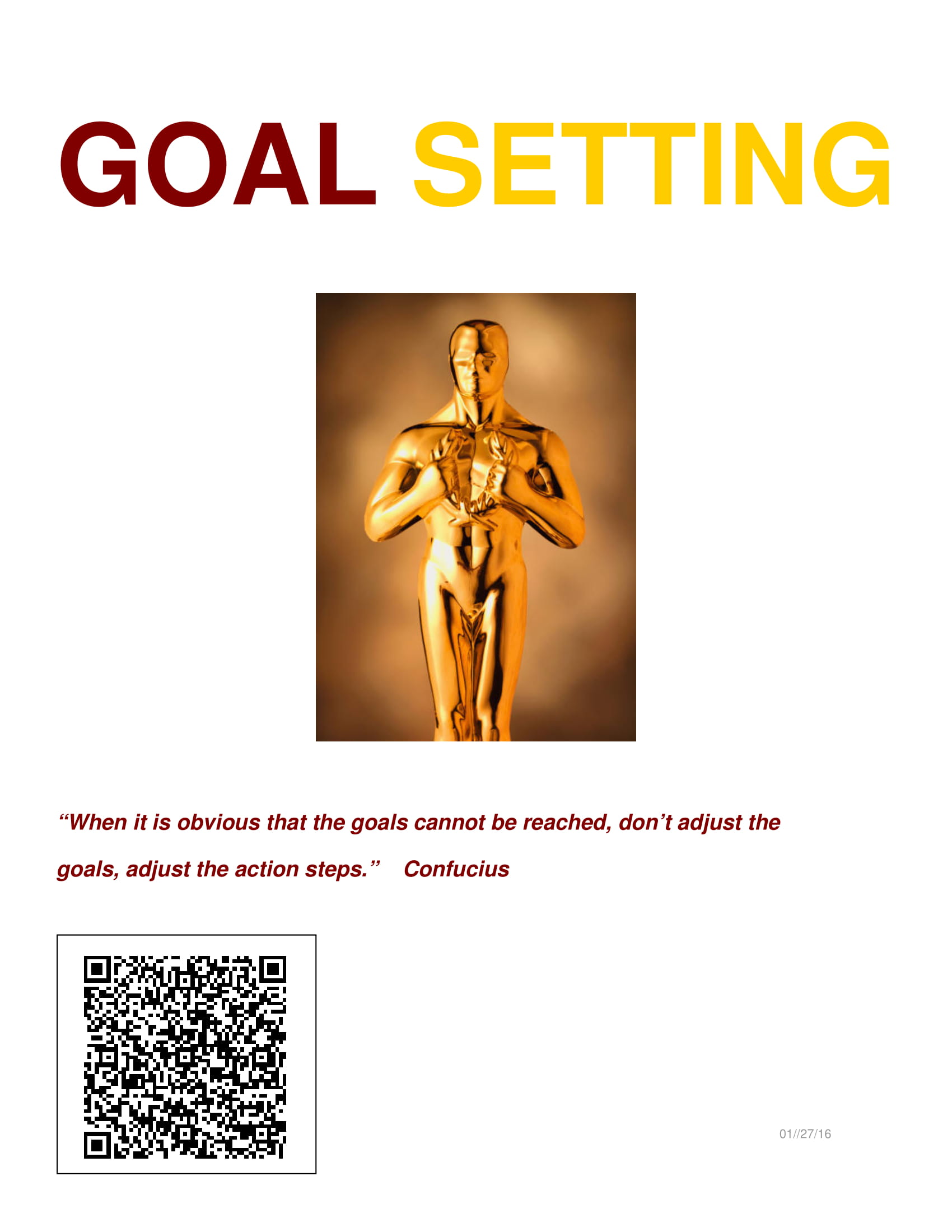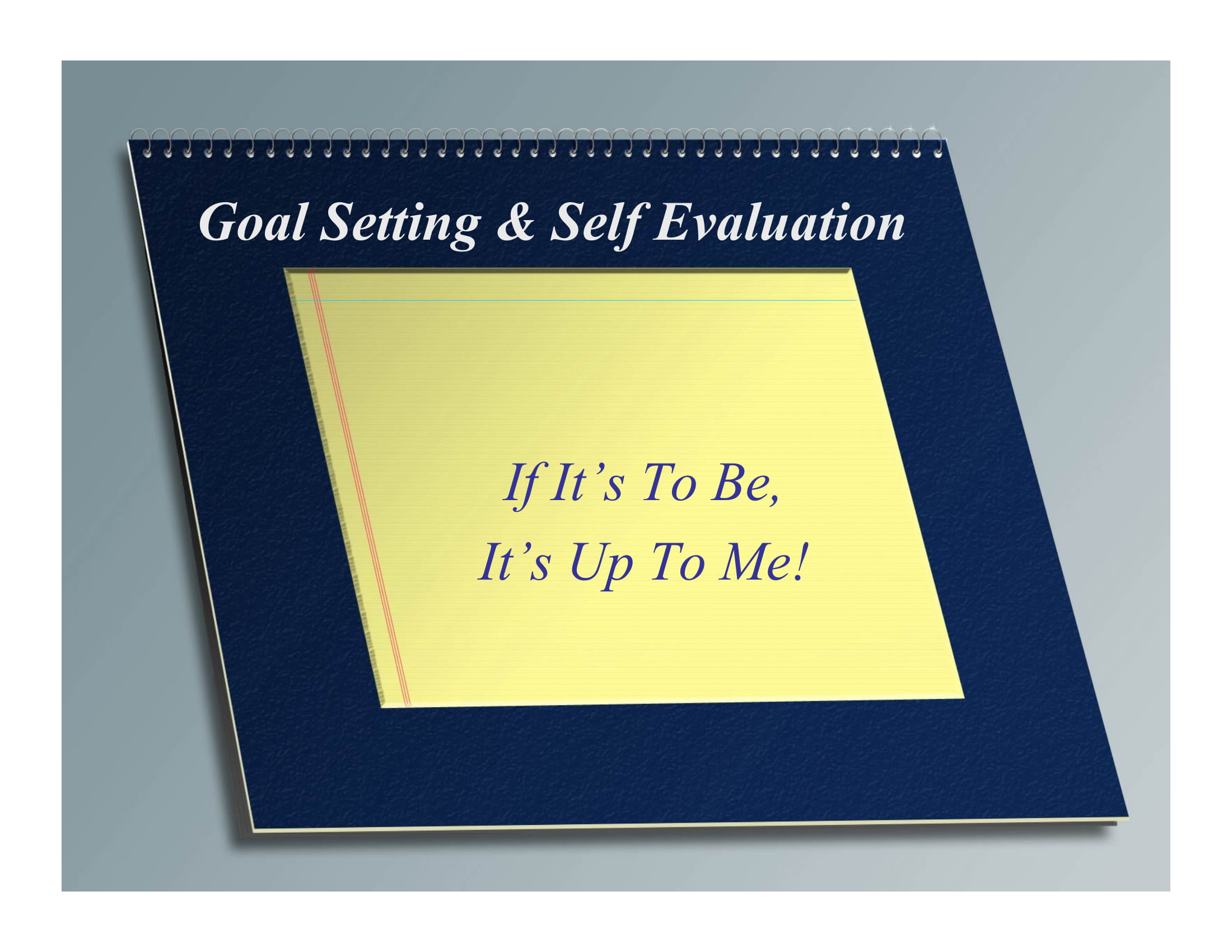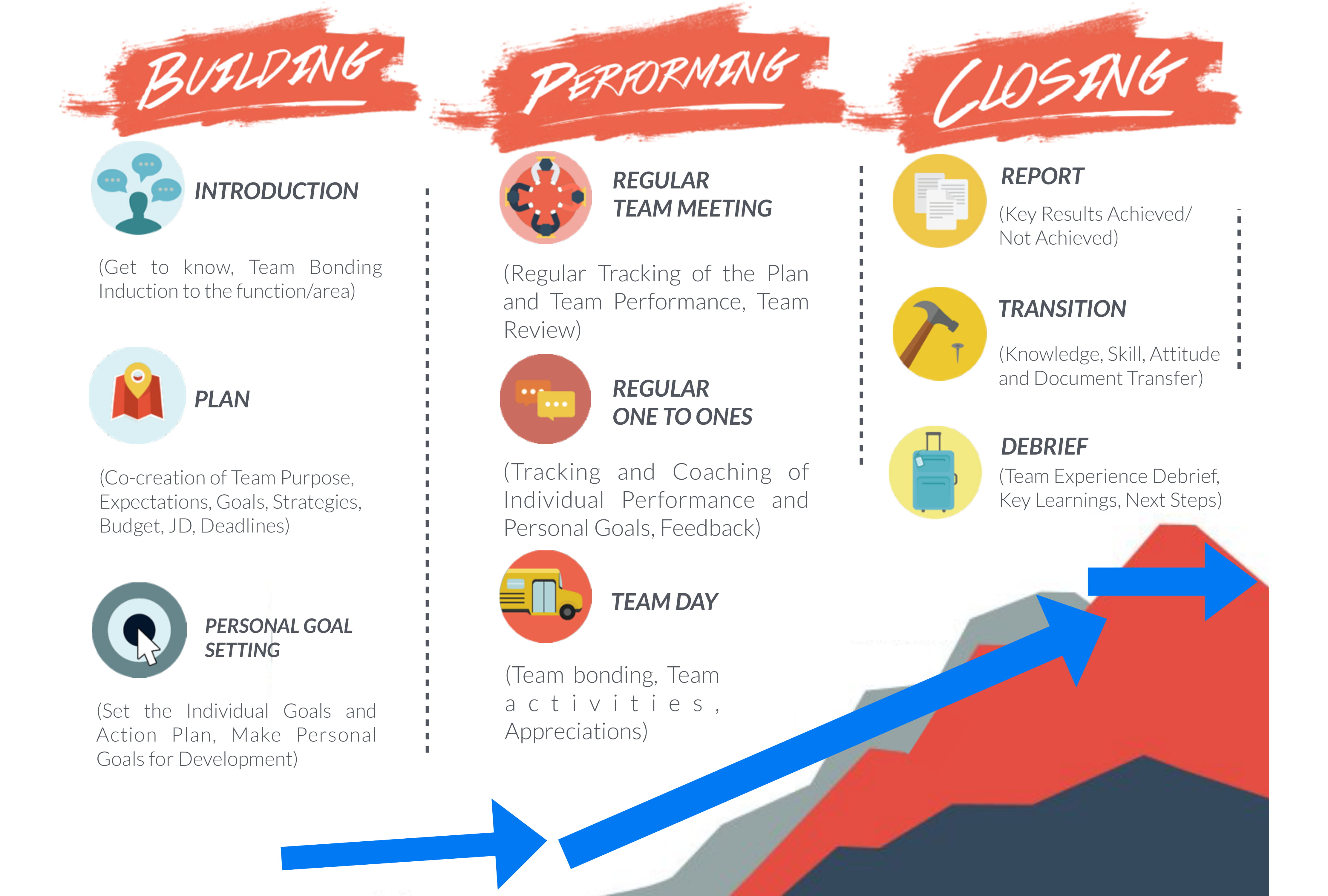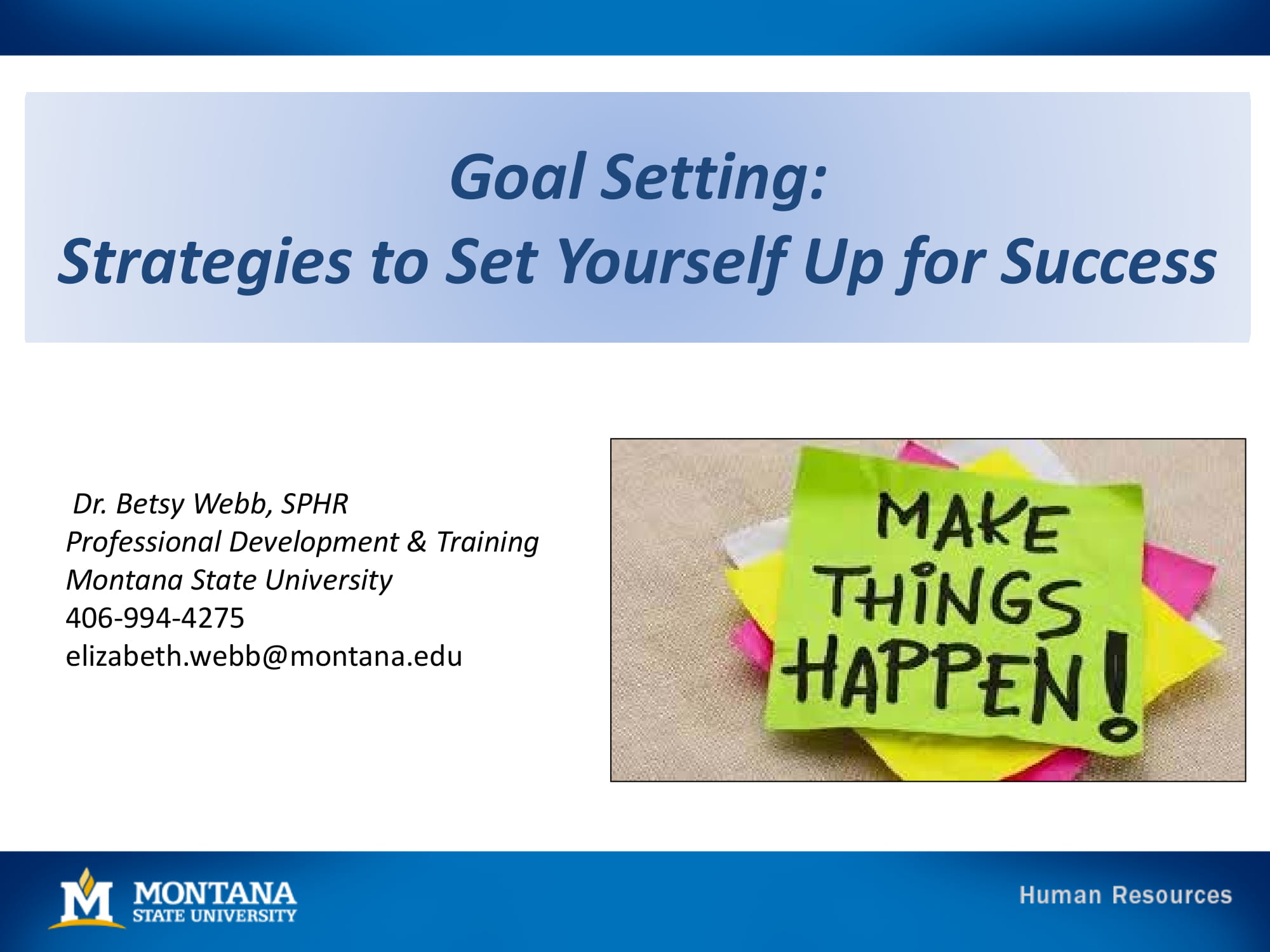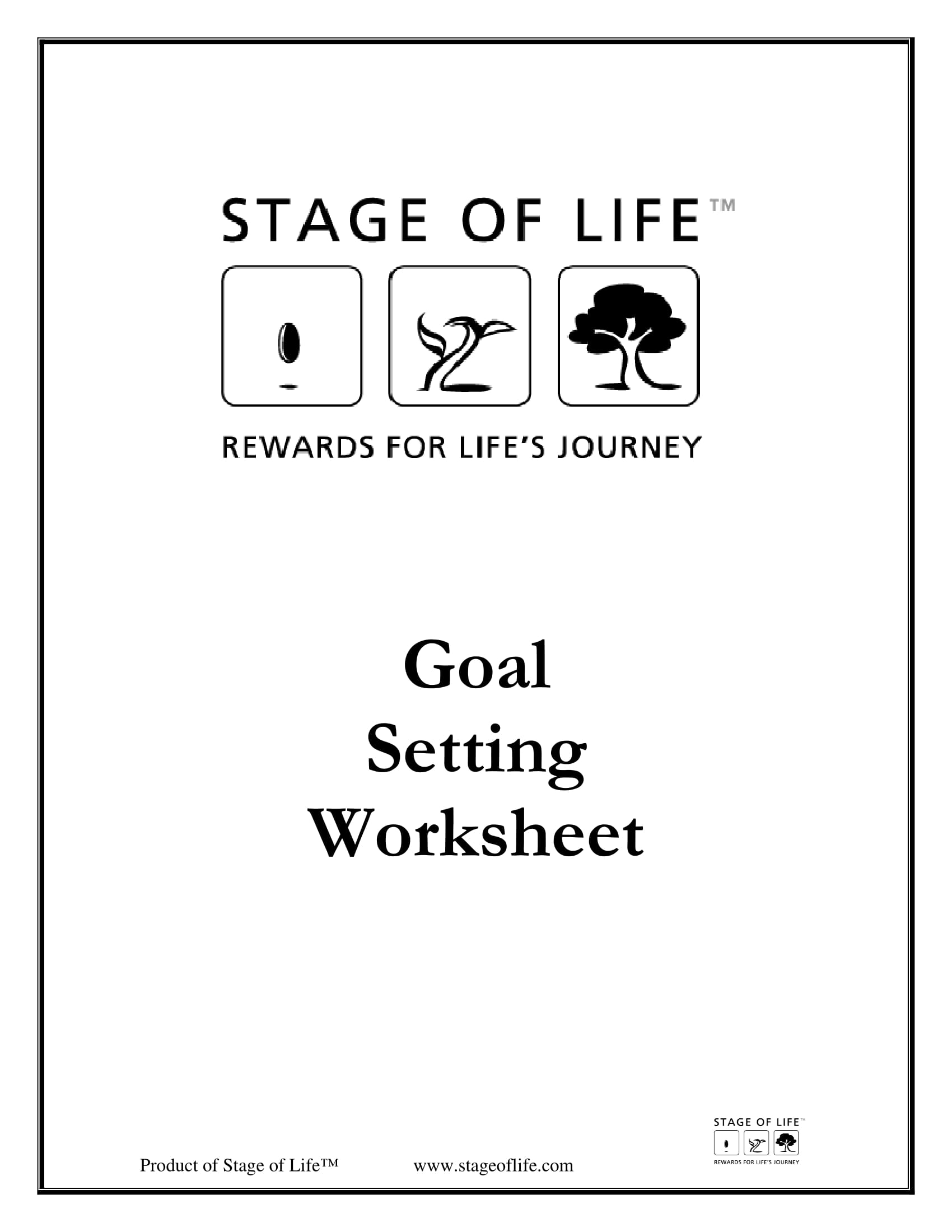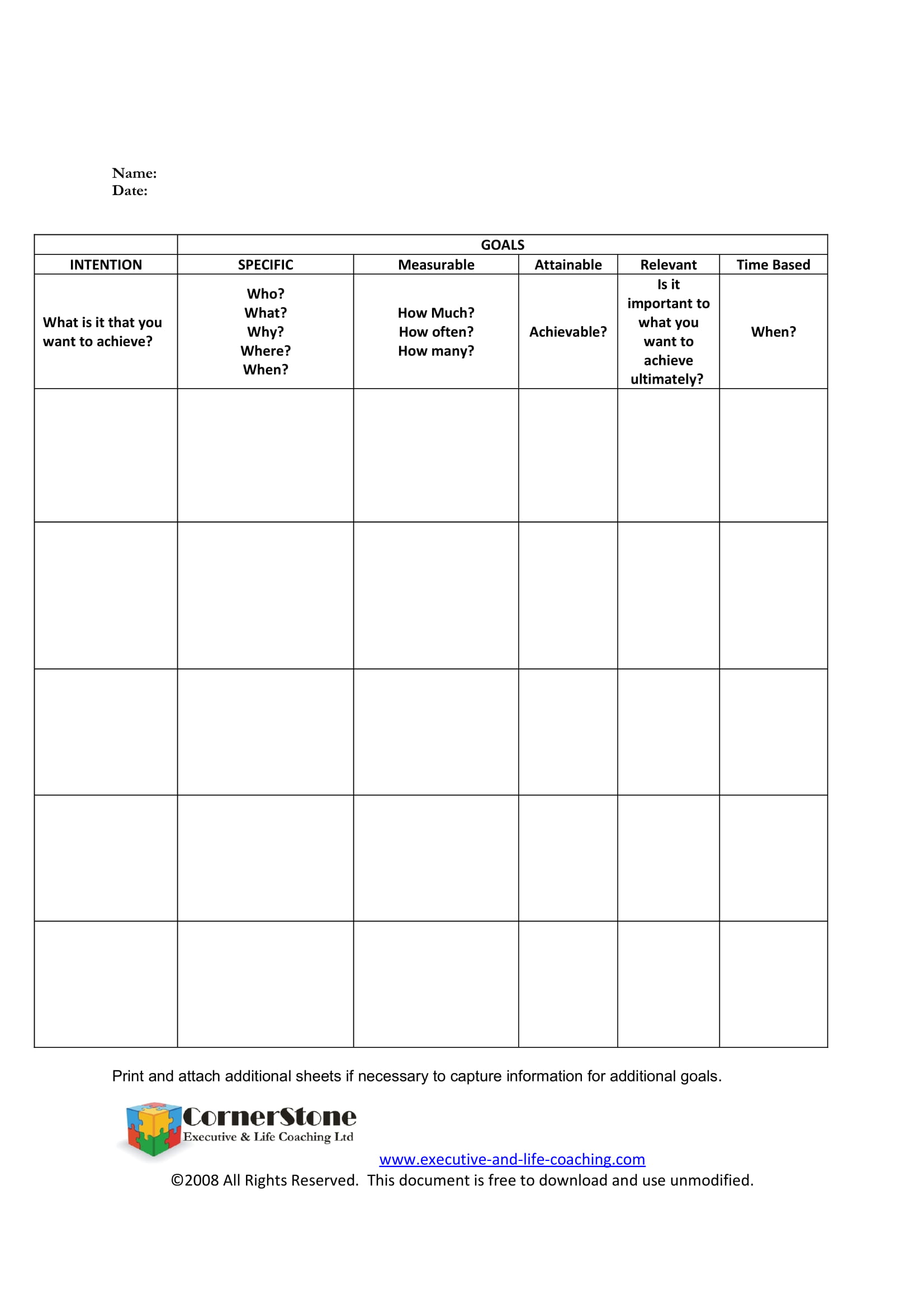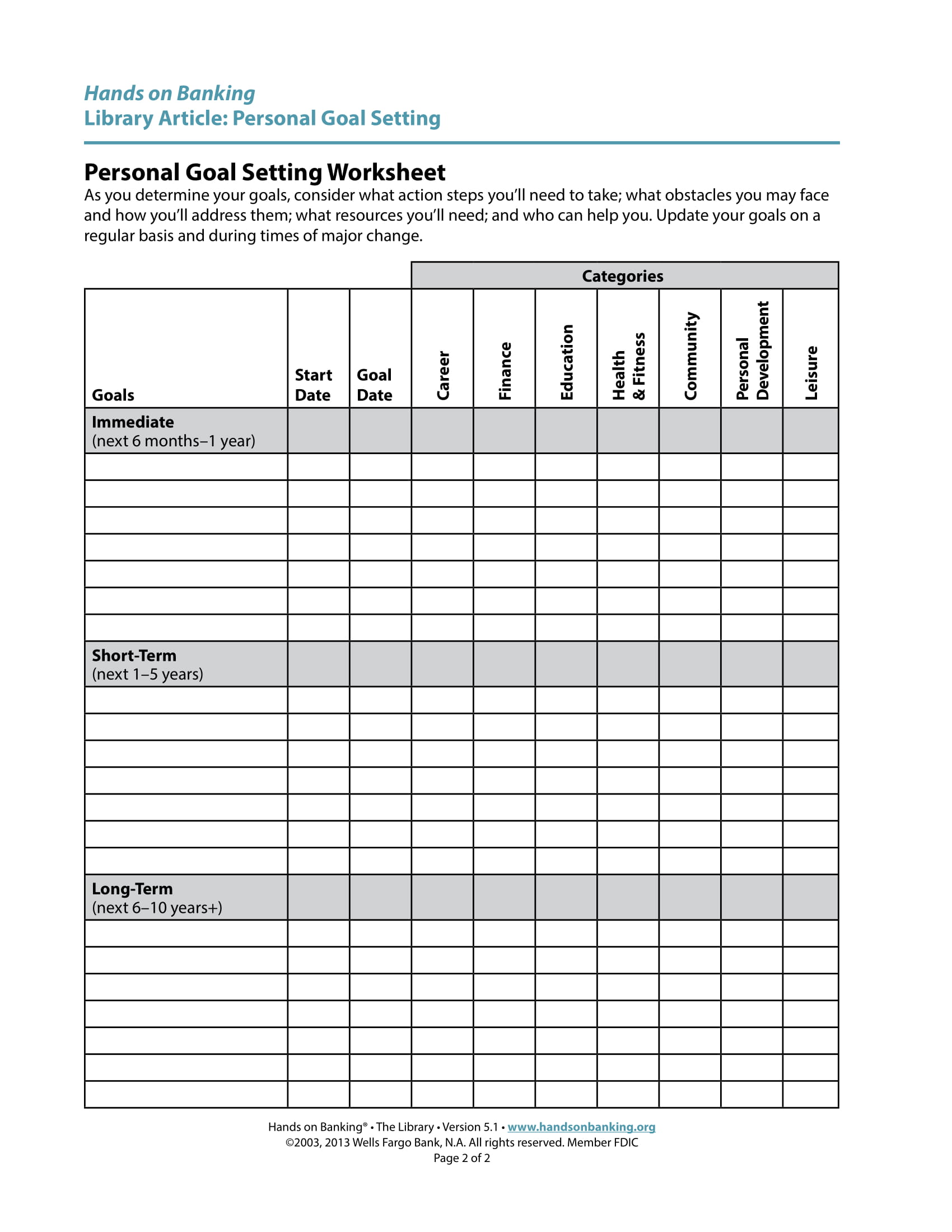9+ Personal Goal Setting Examples
Regardless of the effort some people have exerted and the time they have spent doing something, they can still feel as if they have not accomplished anything in their life. Regardless if your pour yourself out doing your job, there is still a chance for you to feel as if you are adrift in this world. Although you have worked hard you notice that you are not going anywhere worthwhile. What could be the problem?
One of the most prevalent reason for this is not having enough time spent on thinking about what you want from life. In addition, it can be the result of not setting goals that you want and should achieve within a certain period of time. Your goals will serve as your destination, without them you have to blindly maneuver where your should go, and that is just discouraging as well as a waste of time. In order to have a sense of direction, you need to set the right goals that will guide you as go along with life.

Why Set Personal Goals?
Before you even star on your own personal journey, it is important that you set goals you want to achieve. As mentioned earlier, the goals will serve as your guide and will give you a sense of direction that you will need as you continue your journey. With that said, setting goals will help you focus on what to do and how to do certain things in order to tick off what has been included in your list of goals.
Top-level athletes, successful businesspeople and achievers in all fields managed to achieve their goals because they have set those goals before they started their journey. If you look at it in another angle, the goals act as their source of inspiration to strive harder ad put in 100 percent of their energy and effort in achieving those goals. Setting goals will give you long-term vision and short-term motivation.
Your goals will help you focus on the things that will help you achieve them. For example, your goal of becoming a successful doctor will allow you to focus on learning topics and subjects that directly relate to your goal. Simply put, setting your goals will focus your acquisition of knowledge, and will help you to organize your time and your resources so that you can make the most of your life.
Furthermore, setting clearly defined goals will also help you keep track and measure the progress you have made and take pride in those achievements. In addition to that, once you recognize your own ability and competence to achieve your goals you can boost your morale and confidence to keep going. Thus, it is extremely important to set goals not only to inspire and motivate you to give your all and to keep going, but more importantly to know the waters you are treading without losing your way.
Goal Setting Workbook Example
Goal Setting and Self Evaluation Guide Example
Goal Worksheet Example
Building Personal Goal Setting Guide Example
Setting Personal Goals
Although setting your own goals require your personal decisions on what you should in order to achieve them or what goals you should prioritize, having some sort of a guide that will help you navigate is still very essential. With that, here is a guide on the process of setting your personal goals:
1. Setting lifetime goals
The best strategy to use when setting personal goals is to start with the broader goals then slowly narrowing it down. Hence, setting lifetime goals will the basis for your narrower goals like for the next five years, then next year, next month, next week, and today, to start moving towards them.
With that in mind, you should first consider what you want to achieve in your lifetime or at least in the distant future. This will give you a broader perspective that will help shape you decision making ability. Trying to set goals for all the major factors in your life in a broad yet balanced manner. Here are some of the categories you should set goals to:
- Career – What level do you want to reach in your career, or what do you want to achieve?
- Financial – How much do you want to earn, by what stage? How is this related to your career goals?
- Education – Is there any knowledge you want to acquire in particular? What information and skills will you need to have in order to achieve other goals?
- Family – Do you want to be a parent? If so, how are you going to be a good parent? How do you want to be seen by a partner or by members of your extended family?
- Artistic – Do you want to achieve any artistic goals?
- Attitude – Is any part of your mindset holding you back? Is there any part of the way that you behave that upsets you? (If so, set a goal to improve your behavior or find a solution to the problem.)
- Physical – Are there any athletic goals that you want to achieve, or do you want good health deep into old age? What steps are you going to take to achieve this?
- Pleasure – How do you want to enjoy yourself? (You should ensure that some of your life is for you!)
- Public Service – Do you want to make the world a better place? If so, how?
It is best to give yourself some time to set one or two goals that best reflects what you want to do in each category. Afterwards, consider trimming your list so that you can get a refined small number of really significant goals that you can focus on.
2. Set smaller goals
Now that you have set your lifetime goal, you begin setting goals and planning for the next five years of your life, or the next year, or for the next month. Since your lifetime goals are the basis for your smaller goals, you need to make sure that each smaller goals will result to the fulfillment of a small portion of the bigger goal. Meaning you smaller goals must directly relate to the broader goals you have set in your lifetime goals. For example, one of your lifetime goals is to become a licensed nurse; therefore, one of your smaller goals should be taking science-related subjects during high school, then taking a nursing degree and so on.
Your smaller goals are basically a step you take so that you can climb up the ladder to reach your lifetime goals. And since you already have an idea on what you want to do for the rest of your life, you should make sure that you do things that will lead you to achieving it. Remember to constantly review your plans so that you can make sure that everything you have done so far are heading to where you want to be in the future.
3. Stay on course
Now that you have your lifetime goals and your smaller goals, all you have to do is stay on the course. However, doing so can be tedious and sometimes even discouraging. You have to consistently review and update your to-do list daily so that you can keep track of your progress as well make sure that you are moving forward. You should also periodically review the longer term plans, and modify them to reflect your changing priorities and experience. Remember that it is only human to somehow walk on the wrong path, what matters most is you get to pick yourself up and continue on with the journey you have already set for yourself.
4. Set SMART Goals
To make your goals more powerful and accurate, you can use the SMART mnemonic. Although there are other variants to this, SMART basically stands for:
- S – Specific (or Significant).
- M – Measurable (or Meaningful).
- A – Attainable (or Action-Oriented).
- R – Relevant (or Rewarding).
- T – Time-bound (or Trackable).
Setting SMART goals will make sure that the goals you set are realistic and achievable. It will give you the guarantee that the goals you set are things that you actually want to do with your life. It offers you a time to reflect on what you want as well as keep you in check should you start taking actions.
Goal Setting Strategies Example
Lifetime Goal Setting Worksheet Example
Guide for Goal Setting Example
SMART Personal Goal Setting Worksheet Example
Tips in Setting Personal Goals
Now that you have an idea on how to efficiently set your personal goals, here are some additional tips that will surely help you set the goals that you actually want and make sure you can achieve them:
- Clearly define you dreams and goals.
- Dreams are not outlandish or foolish, let your thoughts fly!
- Have accountability for everything that you do.
- Start getting things done.
- Embrace mindfulness of what you do.
- Reflect and brainstorm.
- Give yourself some time; do not rush yourself.
- It is okay to stumble so long as you get back up.
- It is okay to change plans.
Some Common Examples of Personal Goals
You often hear people talk about their goals, and although you can be influenced by them make sure you stay true to yourself. To give you some ideas to spark your interest, listed below are some examples of personal goals people have set for themselves:
- Embrace empathy.
- Listen more actively.
- Get along with yourself; get along with others.
- Stop procrastinating.
- Learn a new skill.
- Indulge in a social media detox.
- Save a larger amount of money every payday.
- Be more proactive.
- Manage stress effectively.
- Ignore your limitations.
- Work on your growth mindset.
- Try solo-travelling.
- Visit a new place/country every year.
- Learn to say no.
- Prioritize yourself.
- Take risks and welcome challenges.
- Make better decisions.
- Read more and more often.
- Let go of the past.
- Master the art of conflict resolution.
Personal Short and Long Term Goal Setting Example
Personal Goal Setting Worksheet Example
Takeaways
Setting goals for personal growth and development, professional advancement, and so on is important not because you have an end goal you can look forward to, but more importantly because the goals will serve as your guide as you go on with your life. n addition to that, once you slowly achieve your goals you take nothing but pride in yourself for reaching that far. It boosts you confidence in yourself and morale that will surely will help push through regardless of the circumstances you may encounter.
You have to remember that that going against the path you have already chose for yourself is okay. Your goals should be limiting; it should be freeing. Instead of thinking you can n longer do things that does not concern you goals, you should still allow yourself to experience more out of life. With that said, you can still do things that are not in your list of goals so long as you remember the lessons it taught you and apply it to yourself in order to achieve your goals. Having definite and clear goals will surely lead you to your sense of purpose and it can fulfill the needs you have been looking for.
Lastly, remember that achieving your goals is not a competition with others. Your goals should be what you truly desire and what not others say should be. When you know you love what you do you will never get tired; you will remain determined and inspired to give your best. Thus, your personal goals should only be about you, how you can improve yourself and maximize your potential.



